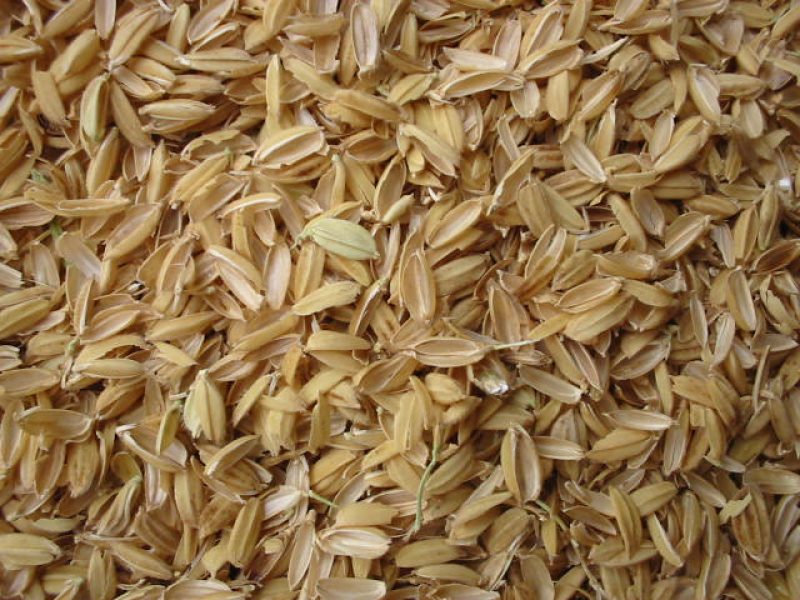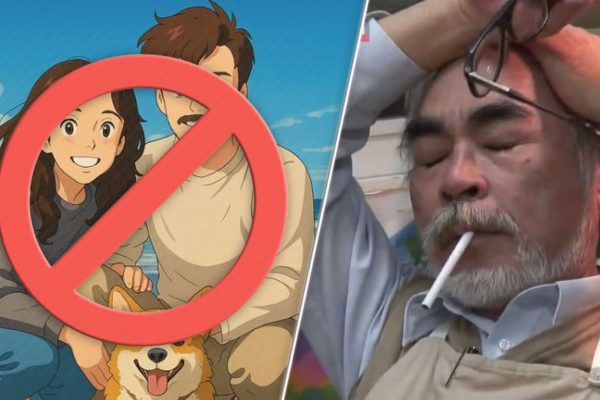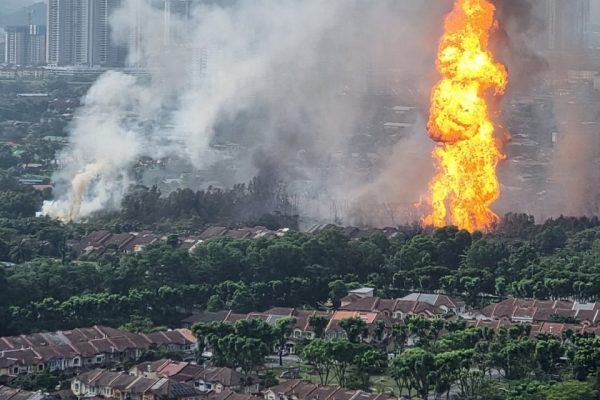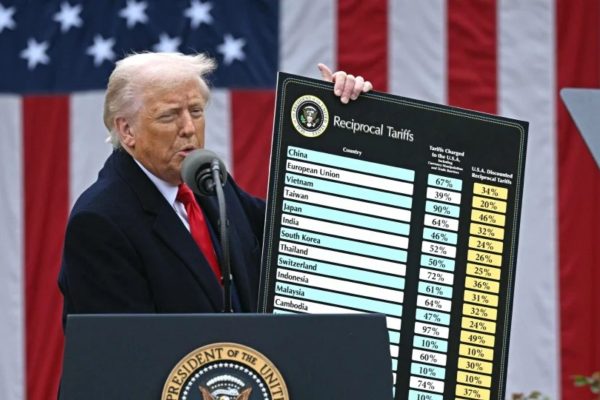This is answer from chatGPT :
Creating cartoon animations using AI involves several steps, tools, and concepts. Here’s a guide to help you get started:
### Step 1: **Plan Your Cartoon**
Before using AI, you need to have a clear idea of what you want to create.
1. **Storyboarding**: Plan the scenes, actions, and dialogue.
2. **Character Design**: Decide how your characters will look, behave, and interact.
3. **Environment**: Decide the background and setting for the animation.
### Step 2: **AI Tools for Cartoon Animation**
There are AI-powered tools that can help create various aspects of cartoon animations:
#### 1. **Text-to-Image Generators**
– Tools like **DALL·E 2**, **MidJourney**, or **Stable Diffusion** can generate cartoon-style images based on text prompts.
– You can use these tools to design characters and backgrounds.
#### 2. **Character Animation Tools**
Some AI platforms can animate characters based on your designs.
– **Plask** and **DeepMotion**: These tools use motion capture technology. You upload character images, and the AI applies animated motion to them.
– **Adobe Character Animator**: This tool uses AI to animate your 2D characters in real-time by tracking your facial movements using a camera.
#### 3. **Voice Generation & Lip-Sync**
– **Resemble AI** and **Descript**: These tools can generate character voices based on text, and **Descript** has AI-based tools for automated lip-syncing.
– **Animaze**: For simple lip-sync and character animation based on pre-made assets.
### Step 3: **Generating Images/Characters Using AI**
For the first steps of your animation, you can use an AI image generation tool like **DALL·E** or **MidJourney**. Here’s how:
1. **Generate Characters**: Provide detailed text prompts to create cartoon characters. Example:
– “A friendly robot with large round eyes, blue metallic body, and antenna on its head in a colorful cartoon style.”
2. **Generate Backgrounds**: Similarly, generate scenes such as:
– “A cartoon-style park with trees, a pond, and a sunset.”
### Step 4: **Animating Characters**
Once you have your character designs, you can move to animation:
1. **2D Animation**: Use tools like **Adobe Character Animator** or **Plask** to animate your 2D characters. Adobe Character Animator can animate your character by detecting your facial expressions and applying them to your drawn character in real-time.
2. **3D Animation**: If you’re looking for more detailed animation, tools like **Blender** can be used, though it requires more expertise.
### Step 5: **Sound and Music**
Use AI-powered tools to add sound effects, background music, or even AI-generated voices:
– **AIVA** for AI-generated music.
– **Descript** for voiceovers and sound effects.
### Step 6: **Final Assembly**
After creating animated characters, backgrounds, and sounds, you can bring everything together in video editing software like **Premiere Pro**, **After Effects**, or a simpler tool like **Camtasia**.
### Additional AI Tools to Explore:
1. **Runway ML**: An AI video editing tool that offers options to generate and edit animation using machine learning.
2. **Animaker**: A beginner-friendly tool to create cartoon animations quickly.
### Workflow Example:
1. **Generate Characters**: Use DALL·E to create character images.
2. **Animate**: Import the character into Adobe Character Animator for basic animations.
3. **Backgrounds**: Generate or draw a simple background and use After Effects to animate it.
4. **Voices & Music**: Use Descript for AI-generated voices and AIVA for music.
5. **Assemble**: Use a video editing tool to combine all assets into the final animation.
You can experiment with different tools to find what works best for your style.
I found this video is so interesting for a beginner like me :










